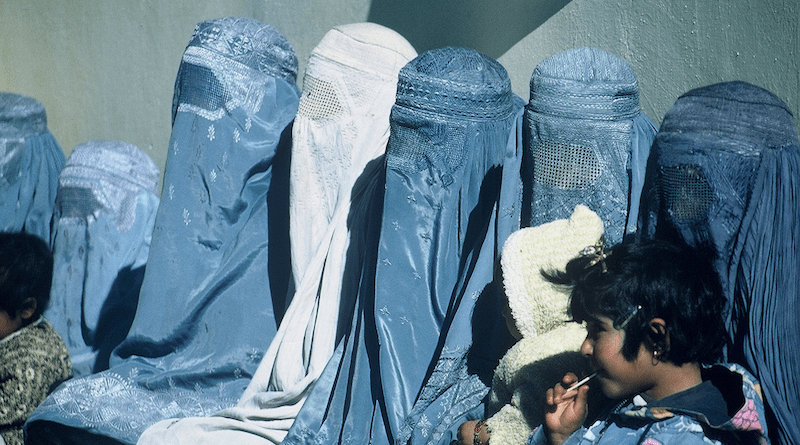Silenced Voices: The Surge Of Online Abuse Against Afghan Women – OpEd
By Shehla Rahim
The digital landscape has turned perilous for politically active women in Afghanistan since the Taliban’s takeover in August 2021. A recent report by Afghan Witness, an open-source project under the Center for Information Resilience, reveals a disturbing surge in online abuse targeting these women, showcasing a 217% increase in abusive posts between June and December 2021 and the same period in 2022. Afghan Witness, drawing from its experience in similar research in Myanmar, conducted an extensive analysis of over 78,000 posts in Dari and Pashto on X (formerly Twitter). Additionally, in-depth interviews with six Afghan women were undertaken, shedding light on the nature and impact of online abuse since the Taliban’s ascension to power.
The statistics are staggering, reflecting the magnitude of the issue. The abusive posts, numbering in the tens of thousands, were directed at almost 100 accounts of politically active Afghan women. This tripling of abuse within a year underscores the urgency of addressing this growing crisis. The spread of abusive posts has made these women vulnerable targets, with interviewees reporting distressing messages containing pornographic material, threats of sexual violence, and even death. One woman lamented that the hatred displayed online mirrors the hostility faced in real life.
Despite the gravity of the situation, the Taliban government remains conspicuously silent. The absence of immediate comments from Taliban spokesmen raises questions about the government’s stance on online abuse against women. The report identifies four recurring themes in the abusive posts. Accusations of promiscuity, violations of cultural and religious norms, allegations of being agents of the West, and claims of making false asylum-seeking statements contribute to a toxic narrative targeting these women.
The online abuse is overwhelmingly sexualized, with over 60% of posts in 2022 containing derogatory terms such as “whore” or “prostitute.” This disturbing trend underscores the transformation of social media from a platform for political expression to a forum for the suppression of women. The Taliban’s imposition of stringent restrictions on women, barring them from public life, work, and education beyond the sixth grade, sets the stage for the online abuse. The Taliban’s hostility towards women signals to online abusers that any woman standing up for herself is fair game.
In response to the escalating abuse, some women have resorted to deactivating social media accounts, a coping mechanism that unfortunately hinders their professional work and engagement with online sources. The report sheds light on the demographics of the abusers, revealing that the vast majority are men with diverse political affiliations, ethnic backgrounds, and varying social contexts. This diversity among the perpetrators indicates a widespread issue that transcends particular groups or affiliations.
The rise in online abuse against politically active women in Afghanistan is a stark reminder of the challenges women face in the wake of the Taliban’s resurgence. Urgent attention is needed to address this crisis, not only to protect the rights and dignity of Afghan women but also to foster an online environment that champions free expression and inclusivity. Failure to act now could perpetuate a culture of silence, allowing the digital space to become an instrument of suppression rather than empowerment. It is imperative for both domestic and international entities to take collective action to curb this alarming trend and safeguard the voices of Afghan women.

